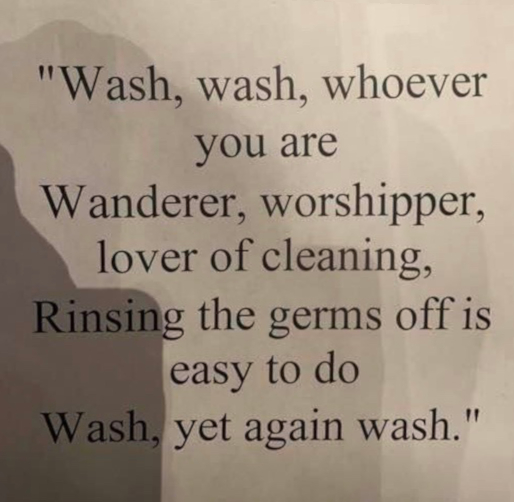For the past two or three decades, there have been scholars who have argued (fairly persuaively, in my view) that “religion” is not a particularly useful category. I’m currently working my way through Tim Fitzgerald’s book The Ideology of Religious Studies (Oxford Univ. Press, 2000), and Fitzgerald offers some compelling arguments why “religion” is not a useful category for academic study. For example:
“Claims … that religion is a phenomenon, or humans are religious beings, or all societies have religion(s), or religion is an aspect of society, or society is an aspect of religion imply a further proposition that ‘religion’ indicates some reality that is not already covered by ‘society’ and ‘culture,’ that religion is something over and above and additional to society and culture. Outside of a specific theological claim, this implication is, I believe, a fallacy. This is because there are virtually no situations now in the scholarly literature produced by religious studies writers where religion has any useful work to do as an analytical category pointing us to some distinctive aspect of human reality. The word ‘religion’ is now used to refer to so many different things that it has become virtually synonymous with ‘culture’ and ‘society’ in the broadest senses….” (p. 222)
I find a great deal to agree with in this statement. Having had some training the fine arts, I’m more inclined to think of ‘religion’ as part of one specific aspect of culture, the arts: a religious building combines architecture and installation art; religious services are performance art with music, or maybe they’re drama, improv, theatre games; ritual is conceptual art (or is conceptual art ritual? they’re hard to tell apart).
One of the differences between what we call “religion” and what we call “art” in our culture is that “art” is made by experts and bought and sold by rich people, whereas “religion” is co-created by a few experts and lots more non-experts, and it is (in many cases) self-funded and not consumed but participatory. If that’s the case, then when I look at the continuum from art (created by experts, consumed by rich people) to religion (co-created by non-experts, participatory-not-consumed), I want to be on the far left of the “religion” end of the continuum.

